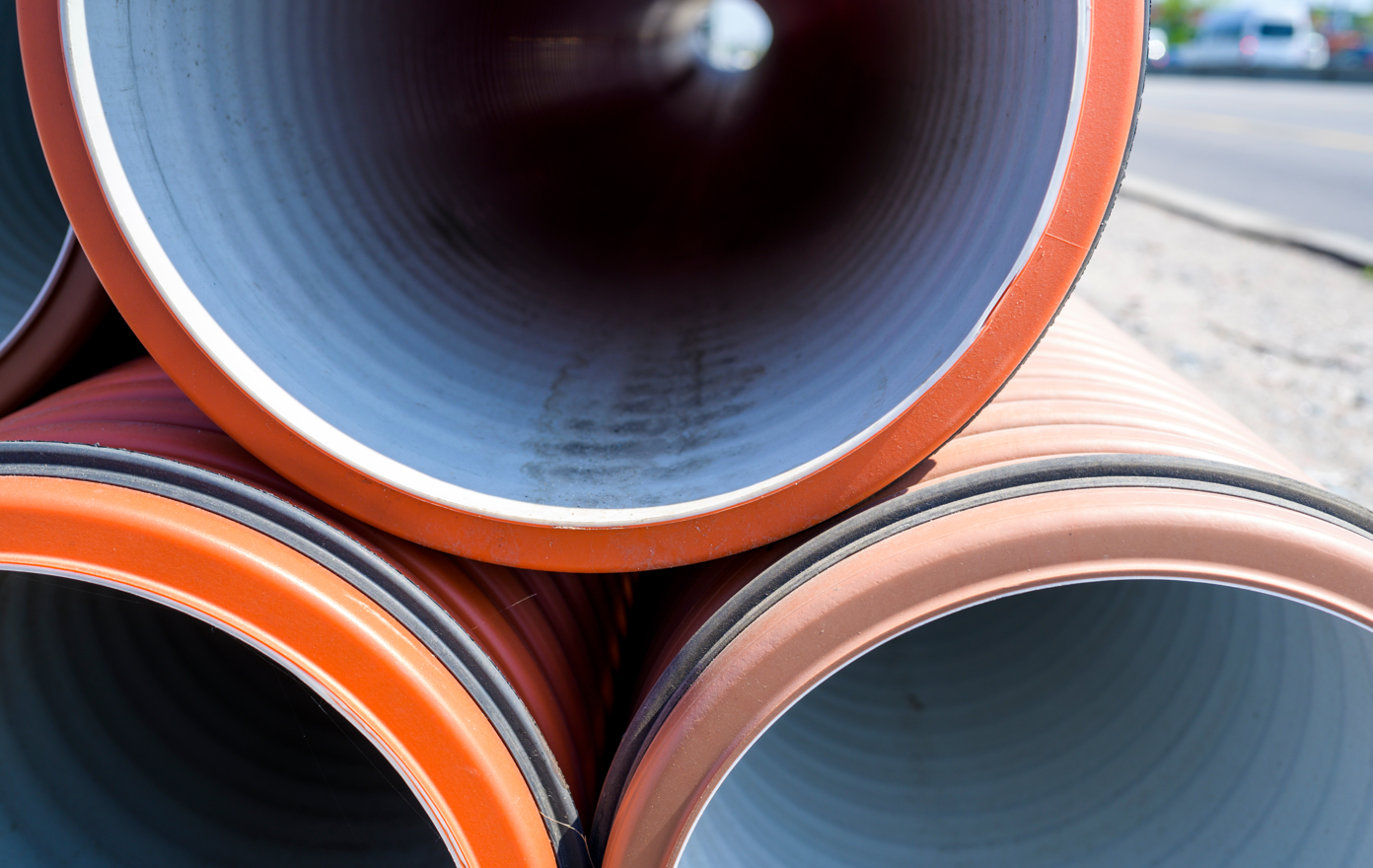Homeowner Nightmare: How a Broken Sewer Line Can Be Fixed
Dealing with a broken or cracked sewer line can be an absolute nightmare. Not only will it make you unable to use your home's plumbing until the issue is fixed, but it can also cause your yard to become flooded with sewage. The good news is that there are several possible options for repairing the sewer line depending on how severe the issue is. With this in mind, here is everything you need to know about identifying sewer line issues and your options for fixing them.
Signs of a Broken Sewer Line
The most obvious sign that your sewer line is broken or leaking is that your yard smells like sewage. When the sewer line breaks, most or all of the waste from your plumbing system will seep out into the ground instead of flowing into the sewer system. You may also notice that your sinks or shower drain more slowly than normal. Hearing gurgling noises in your pipes is another sign as this is caused by air getting into the sewer line.
Traditional Sewer Line Repair
In the past, there was really only one option for repairing a broken sewer line, and that was to dig a large trench around the sewer line. While excavation is the only option in some cases, talking to your local plumbers, like Butt Plumbing, can give you insight into other less invasive options.
Pipe Lining
If the sewer line is only cracked or has minor damage, pipe lining is a great option. This technique involves inserting an inflatable, epoxy-covered tube into the length of the sewer line. Once in place, the tube is inflated and the epoxy bonds with the inside of the sewer line to repair any damage. After the epoxy has fully cured and hardened, the tube can be removed and any cracks or other damage in the sewer line should be fixed.
Pipe Bursting
Pipe bursting is another trenchless sewer repair option that can be used when the pipe is too damaged for pipe lining. This technique uses a cone-shaped bit that drills into and destroys the old sewer line. As the bit breaks up the old sewer line, the new pipe is fed into the hole just behind the bit. This means that a hole only has to be dug up against the foundation to connect the new sewer line to the house.
Sewer lines can break for a wide variety of different reasons. It may happen simply due to age or because of tree roots growing into the line. Major clogs can also potentially cause the line to rupture. Still, it doesn't really matter what caused your sewer line to break. What matters is that you choose a professional that can repair the line quickly and in the most efficient way.


